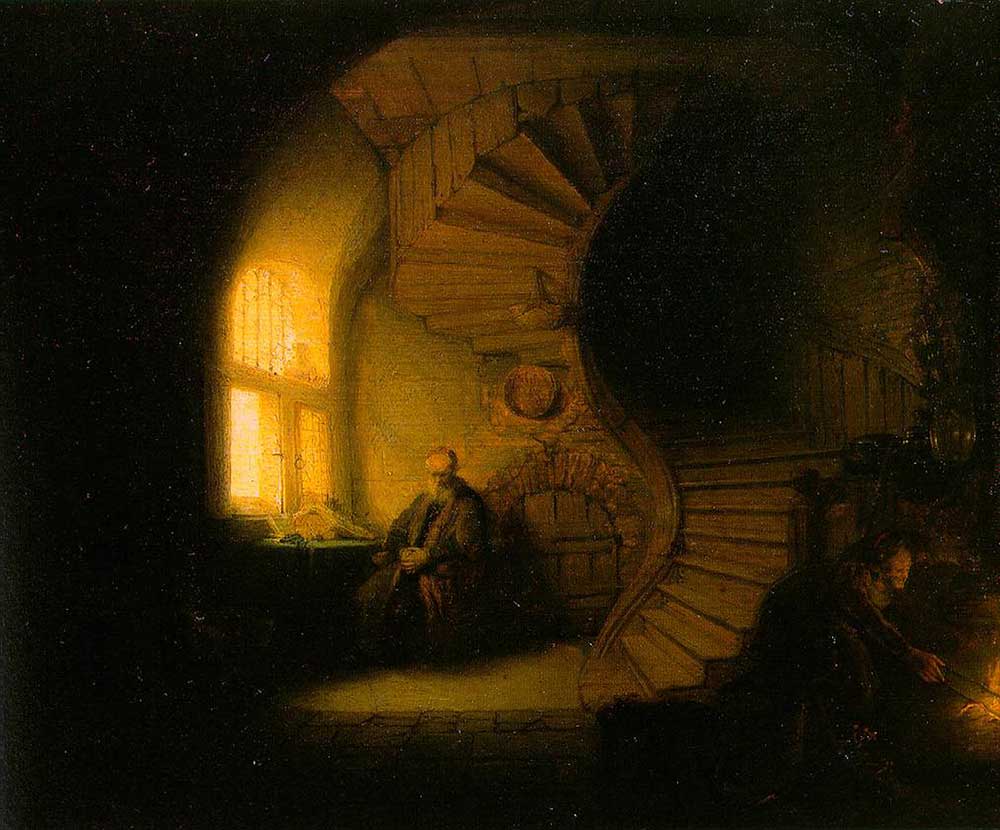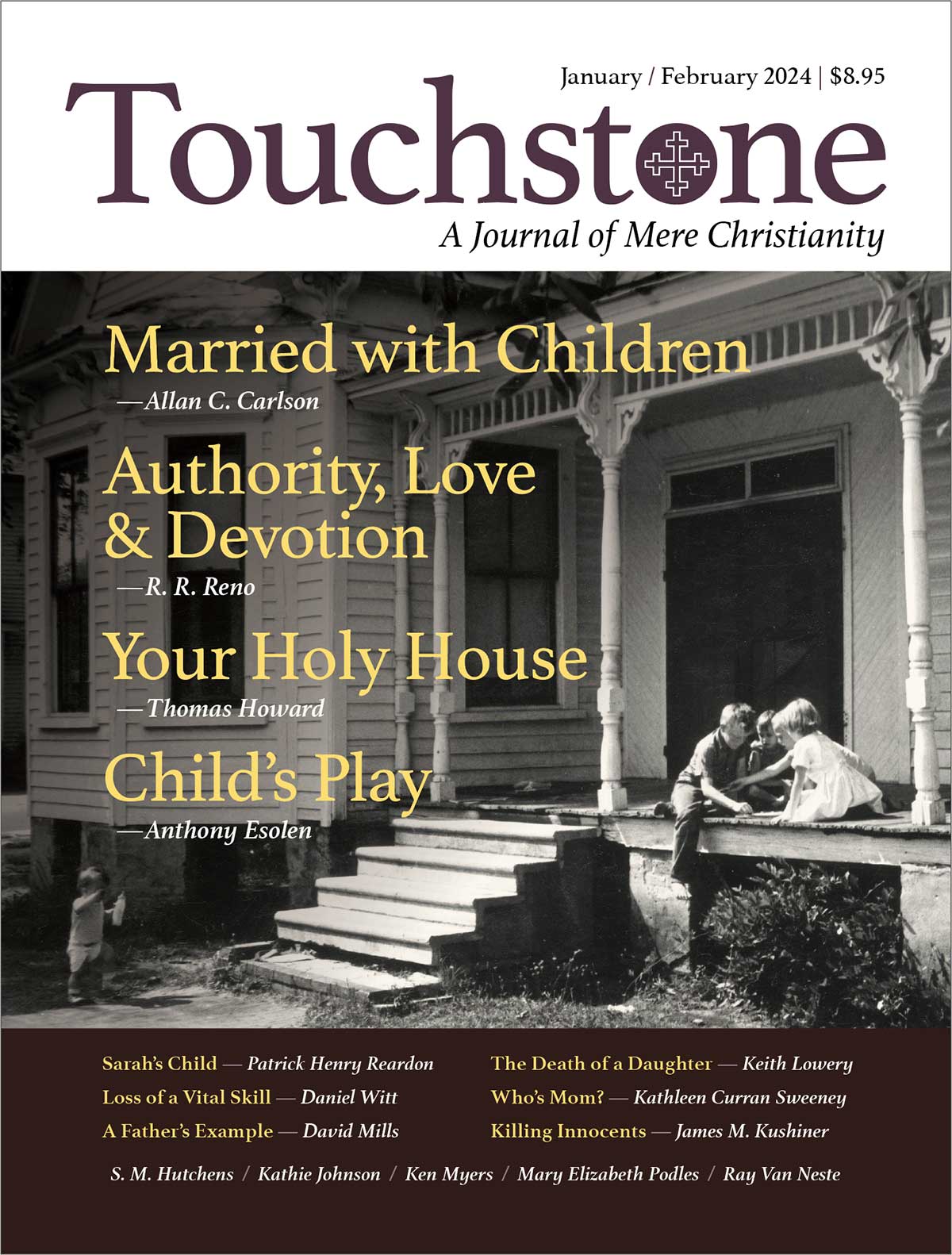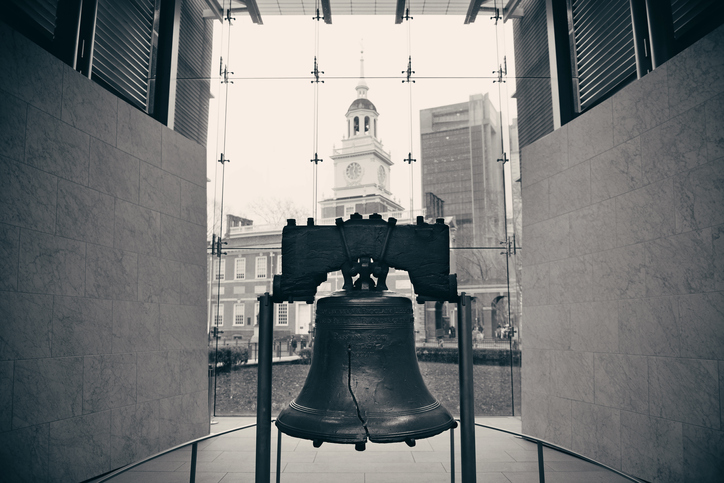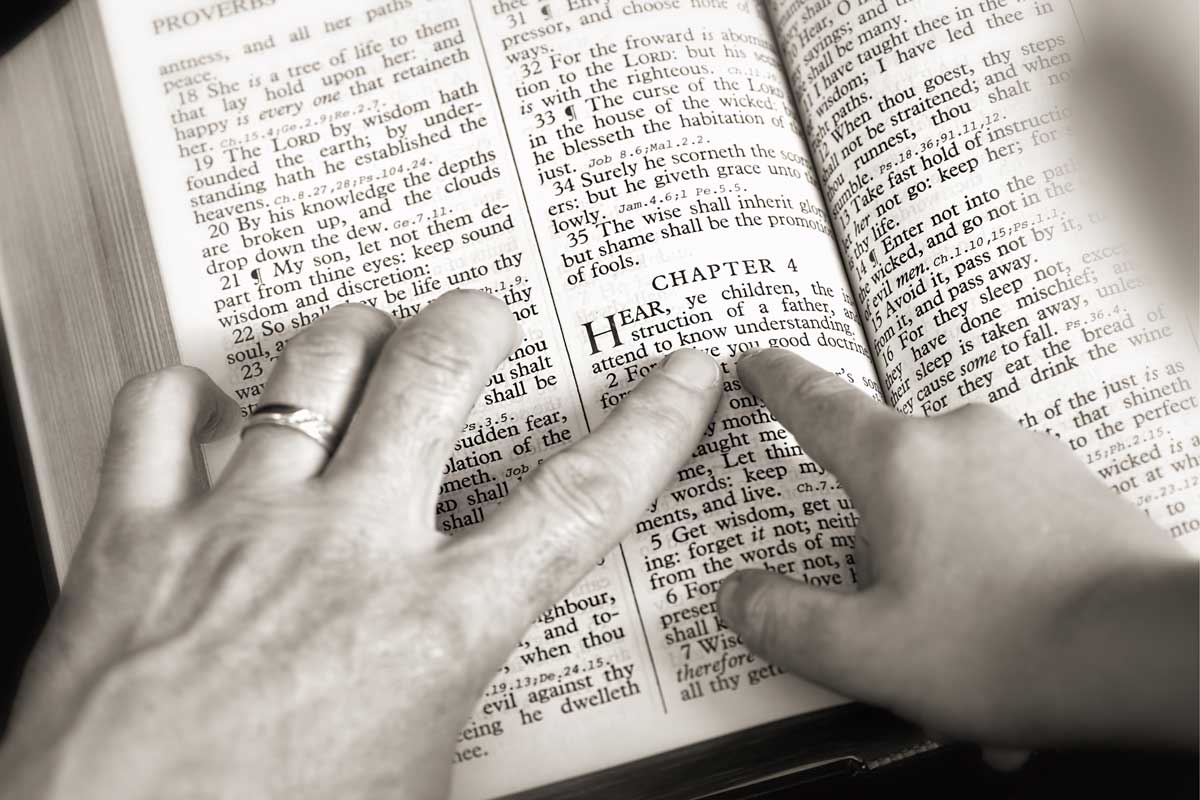Authority, Love & Devotion
What God Has Joined We Must Stop Separating
It’s not common to speak of authority and love in the same breath. That’s a shame, because they’re closely related. Moreover, I will also argue that today’s crisis of authority runs in tandem with the rise of a loveless society. Expertise has replaced authority. As a consequence, a culture of utility is waxing, while the older culture of love’s adventures and devotion’s embrace is waning. Thus my agenda: to clarify the profound consequences of the modern eclipse of authority, and to suggest how we can recover authority’s power, which seduces, as it were, rather than coerces.
Love’s Quest
In his insightful essay on the virtue of love, Josef Pieper defines love as a disposition of affirmation. One says to the beloved, “It is good that you exist.” Most of our affirmations are contingent. I appreciate a good glass of wine for its pleasant taste and the way it makes my heart glad, as the Scriptures often put it. My fondness for rickety old cars has a similar quality. I cherish their discomfort, and even their unreliability, as visible signs of my resistance to the empire of utility that grows stronger by the day.
I could go on with other examples. But it is sufficient to note that these affections are instrumental. They are akin to what Aristotle calls useful friendships. For the most part, in the English language we use “like” to describe these kinds of affirmations, and reserve the word “love” for deeper and more profound attachments, the kind that arise when we affirm something for its own sake. I may say that my wife is smart, beautiful, entertaining, patient, and more. But if I were to tell her that I love her because of those qualities, she might wonder if old age or ill temper or some other falling-away from these admirable qualities would cause me to withdraw my love. By contrast, the most powerful love simply says, “I love you,” without explanation or qualification. This directness is what Pieper means when he says love is a plenary affirmation: “It is good that you exist.” We rejoice in that which we love, not for the sake of something else, but simply for its own sake.
Pieper dwells on love’s affirmation, but it is important to note that love is not a self-moving power. The beloved is not an inert entity on which I somehow confer importance by my love. To the contrary: the objects of our love have great power. They evoke affirmation and exultation. We are lured, even seduced. As St. Augustine observed, our love is our weight. By this metaphor he indicates that we seek that which we love, or, to put it more strongly, we live for and serve that which we love. Romantic literature often depicts love as a panting desire, even to the point of inducing irrational, slavish devotion.
The image of enslavement is not limited to our captivity to erotic desire. St. Paul calls himself a slave of Christ. Faith’s obedient devotion frees him from the tyranny of sin and death. A common petition goes as follows: “Kindle in us the fire of your love.” We are asking God to instill in us a love so strong that it will consume our self-love, allowing us to die to ourselves so that we might live to worship, honor, and obey the Lord. The basic dynamic of death to self toward the end of a perfect obedience characterizes every love that seeks the beloved for its own sake. In Plato’s dialogues, Socrates teaches that a love of truth requires us to harken to that which truth demands, an obedience that breaks the bonds of convenient conventions and comfortable opinions. Artists often testify that beauty is a stern taskmaster. In a real sense, therefore, and not just metaphorically, the objects of our love issue commandments. To love is to serve, and to rejoice in our service. We seek to obey the dictates of that which we love, not because we are compelled by external threats or inducements, but because doing so is our heart’s desire.
Authority’s Roots
At this point, we are beginning to entertain the main theme of this conference, that of authority. It is common (and fitting) to contrast power with authority. Power is concerned with outcomes, not with our hearts. Power cares not at all whether our obedience is joyful or grudging. It operates with carrots and sticks to get results. In contrast, authority operates in the same fashion as the objects of our love. It does not coerce. It commands without bodily threats or worldly inducements. Authority’s method is to win a willing and happy assent.
Less often observed, but equally important, is the contrast between persuasion and authority. To be sure, one can make arguments on the basis of premises derived from authorities. But authority speaks for itself, as it were; it does not rely on arguments. St. Thomas notes that reason can discern the fittingness of God’s revelation in Christ, but it cannot show its necessity. Therefore, one rightly says that authority is the beginning and end of the reasoning and rhetoric used to convince and persuade. Here again we seek the connection between love and authority. As Pascal observed, “The heart has its reasons that reason does not know.”
Let me make this point somewhat differently. Persuasion presumes equality. You and I enter into the give-and-take of argument without the presumption that one or the other has an upper hand on truth. Both Jürgen Habermas and John Rawls based their conceptions of an ideal liberal democracy on public deliberation limited to rational argument and justification without appeal to any metaphysical givens. Authority, by contrast, sets the parameters of deliberation. One can debate the proper interpretation of the authorities that govern the goals, shape, and limits of public life. But authority, as authority, is rich in metaphysical content. It commands obedience out of its inner plentitude of being (if I may use that enigmatic word).
Let me give an example from our own system of government. Congress is our law-making body. Elected officials deliberate and decide upon legislation. (At least that’s the ideal model.) The executive branch possesses the coercive power to ensure compliance with the laws made by the legislature. The president is the commander-in-chief, not just of our military forces but of our entire apparatus of law enforcement (the executive branch houses the CIA, the FBI, and the Department of Justice). And yet, the Supreme Court provides the authoritative interpretation of the constitutional legitimacy of the actions of both the legislative and executive branches.
How is this possible? How can nine unelected men without control of any instruments of coercive power impose their judgments—which they invite no one to debate or modify? The answer, of course, is that the Court possesses the majestic authority of the rule of law, and this authority bears down upon willful legislators and agents of administrative fiat, compelling their obedience.
R. R. Reno teaches theology and ethics at Creighton University in Omaha, Nebraska, and is author of In the Ruins of the Church: Sustaining Faith in an Age of Diminished Christianity (Brazos, 2002).
subscription options
Order
Print/Online Subscription

Get six issues (one year) of Touchstone PLUS full online access including pdf downloads for only $39.95. That's only $3.34 per month!
Order
Online Only
Subscription

Get a one-year full-access subscription to the Touchstone online archives for only $19.95. That's only $1.66 per month!
bulk subscriptions
Order Touchstone subscriptions in bulk and save $10 per sub! Each subscription includes 6 issues of Touchstone plus full online access to touchstonemag.com—including archives, videos, and pdf downloads of recent issues for only $29.95 each! Great for churches or study groups.
Transactions will be processed on a secure server.
more on conference talk from the online archives
more from the online archives
calling all readers
Please Donate
"There are magazines worth reading but few worth saving . . . Touchstone is just such a magazine."
—Alice von Hildebrand
"Here we do not concede one square millimeter of territory to falsehood, folly, contemporary sentimentality, or fashion. We speak the truth, and let God be our judge. . . . Touchstone is the one committedly Christian conservative journal."
—Anthony Esolen, Touchstone senior editor












